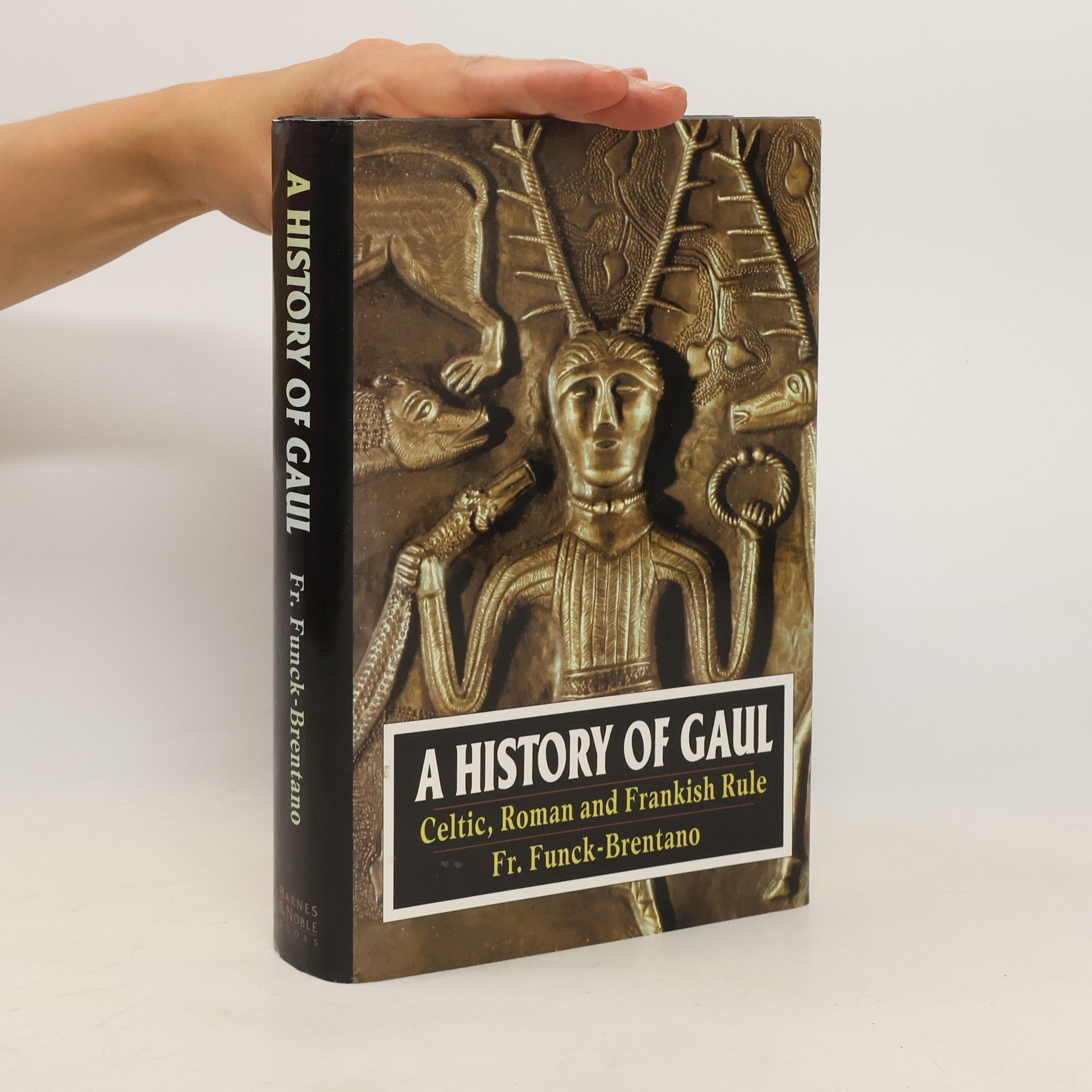Traces Gaul from its prehistoric beginnings to the founding of the Capetian ruling house in 987 A.D.
Frantz Funck-Brentano Pořadí knih (chronologicky)
František Funck-Brentano byl francouzský historik a knihovník, jehož práce se soustředila na období Ancien Régime. Díky svému působení v Bibliothèque de l'Arsenal, která uchovávala dokumenty z Bastily, se ponořil do hloubky zkoumání institucí, osobností a událostí této éry. Jeho knihy, které čerpaly z rozsáhlých archivů, dosáhly velkého úspěchu a přispěly k hlubšímu porozumění francouzské historie. Kromě toho se věnoval i srovnávací legislativní historii a šíření francouzské literatury v zahraničí.
